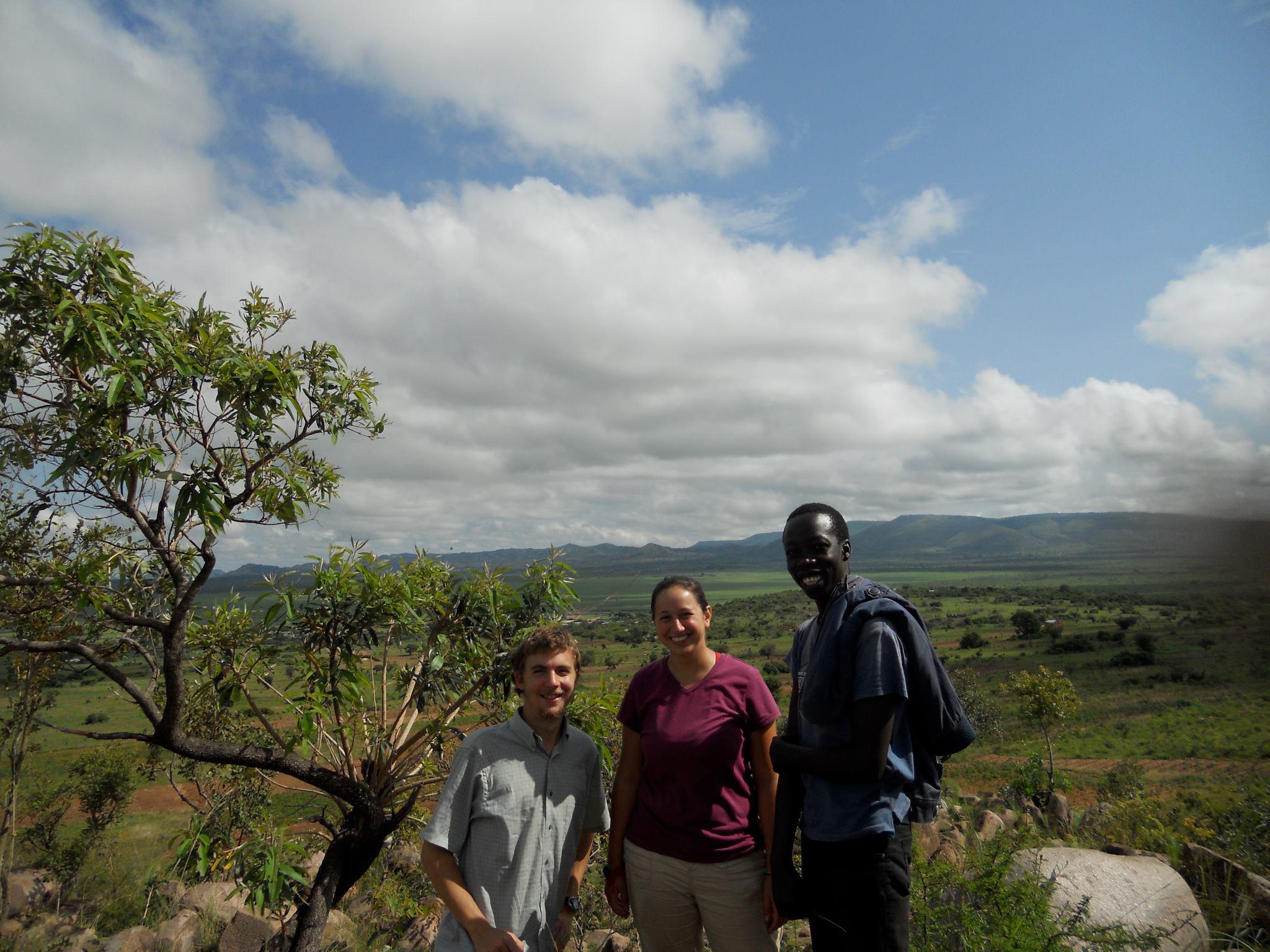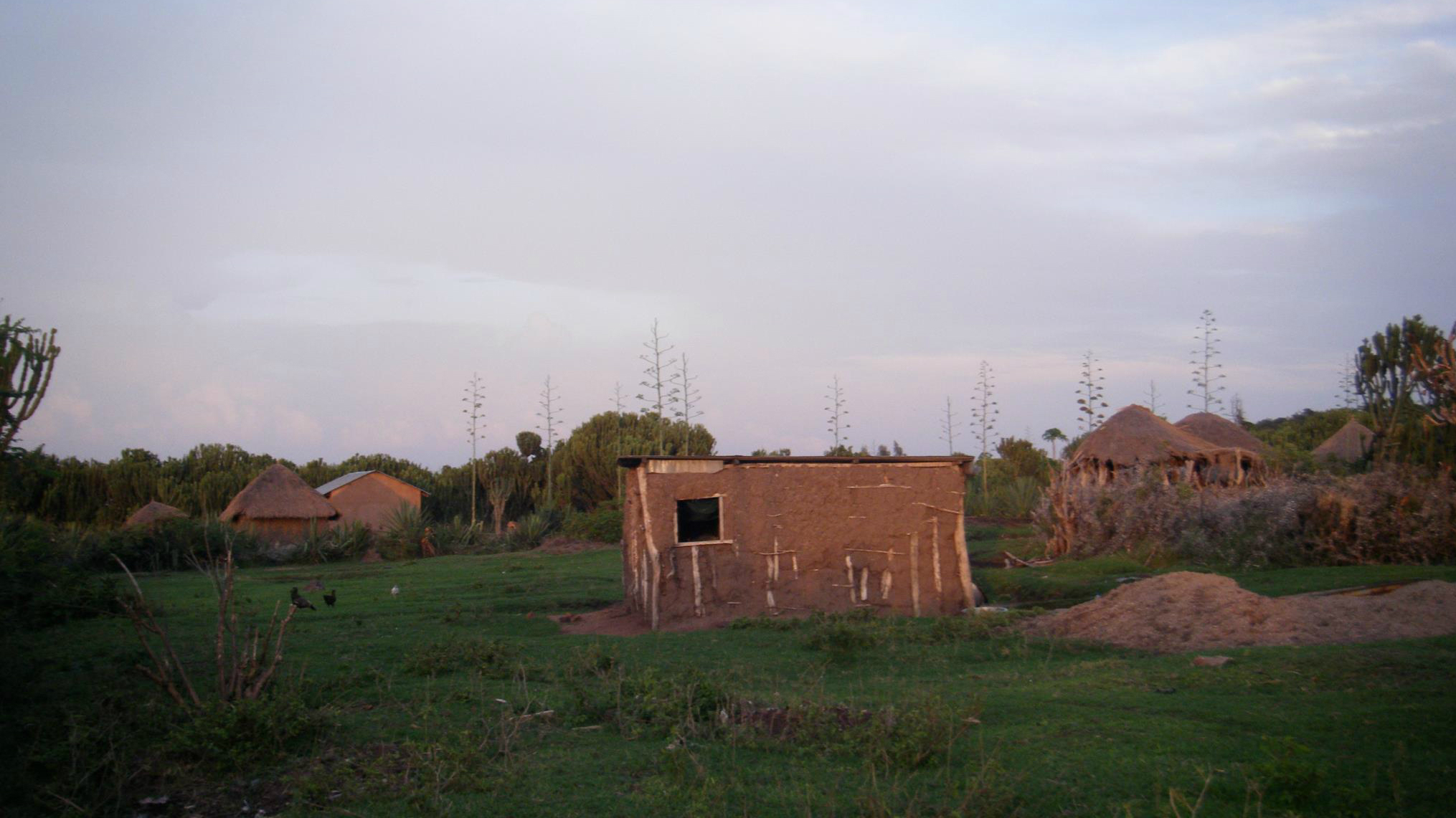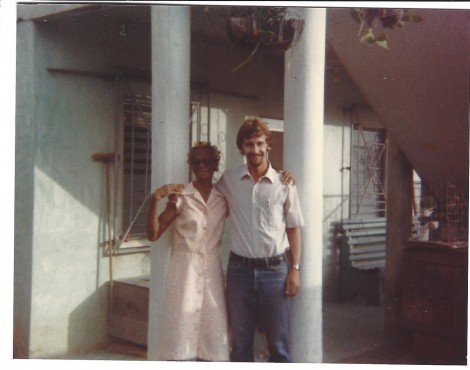One afternoon in Kemgesi, Serengeti District, Tanzania, I crouched watching elderly men play a local variant of Bao, similar to the game Mancala. They were scooping up beans from the weathered board and counting in Kingoreme, the local language, as they re-deposited them, one by one, into each cavity on the board.
One of my neighbors, a man known as Mwalimu (meaning “teacher,” though he didn’t teach at any school as far as I knew), walked up and started a conversation. He was dressed in a jersey and shorts — usually a no-no for adult men in Tanzania unless actively involved in sports — and held a ball.
“Do you know how to play volleyball?” he asked. A teenager joined us, holding his arms behind his back, who was also dressed for sport.
I followed Mwalimu and the teenager to the village soccer field. We stopped there, but I didn’t see a net. The three of us formed a triangle and Mwalimu started to pass the ball back and forth. Soon, we became a circle as more and more teenage boys congregated, as if drawn by the gravity of the volleyball itself.

The sun was setting, sending horizontal rays of orange light over everything. The soccer field was a large expanse of grazing land, separated only by a few thatched-roof dwellings. I felt like I was in some sort of inspirational sports movie, like Lagaan or The Mighty Ducks. There were so many characters. One kid kept kicking the ball instead of using his hands; another just punched wildly at it, sending it outside of our circle; Mwalimu, the young-at-heart, middle-aged man, provided instruction, wisdom, and leadership.
And which character was I? Maybe I was the hotshot coach out for redemption. Or I could have been the misguided foreigner, even as I consider myself a multiculturalist, bringing back echoes of colonialism.
If our game were a movie, my lack of fluency in their language — and theirs in mine — would result in many comic linguistic and cultural misunderstandings. Even so, we would tear our way through the Serengeti District’s volleyball tournament (conveniently held after we had time for adequate training, of course).
We would advance to an invitational tournament in Dar Es Salaam or Nairobi or Kampala, and that’s when the buried resentments would rear their heads. Someone would quit; another would have to choose between playing and true love; a third would be called away by tragedy. We’d fill their spots with technically gifted players who would prove the difference in the semi-final game against superior competition (which of course we would win at the last possible second). After our defeat in the final, we’d part ways tearfully and the epilogue text would roll, saying that one of us went to college and another died too young.
But this moment wasn’t a perfectly scripted movie. We just hit the ball around for half an hour, then shuffled off the field.
When more American students lived in Kemgesi three years later, I saw on their blog that they’d made a volleyball net out of sisal fiber. I wondered if they’d been playing with Mwalimu, too.
 Ted Maust went to Tanzania in 2011 on his way to graduating with majors in English and History from Goshen College. After two years working with Mennonite Voluntary Service, he lives in Madison, Wisconsin, and is a Production Associate at the Wisconsin Historical Society Press.
Ted Maust went to Tanzania in 2011 on his way to graduating with majors in English and History from Goshen College. After two years working with Mennonite Voluntary Service, he lives in Madison, Wisconsin, and is a Production Associate at the Wisconsin Historical Society Press.



